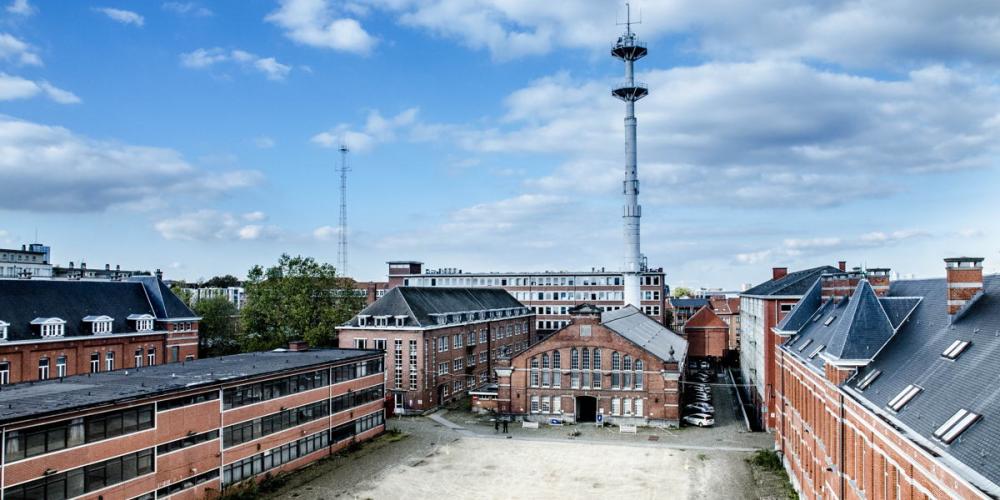
Radically interdisciplinary, international and socially relevant: First BrIAS series tackles food, climate and sustainability
The Vrije Universiteit Brussel and Université libre de Bruxelles have jointly established the Brussels Institute for Advanced Studies (BrIAS). Located in the heart of Europe, BrIAS brings together the best scientists, artists or entrepreneurs in an atmosphere of freedom, mutual competition and cross-fertilisation. The main theme of BrIAS is always sustainability. Following the preparatory years and the pandemic, BrIAS launched its website at the beginning of the year, and begins with a major international interdisciplinary series on food, climate and sustainability.
Frank Deconinck, co-director BrIAS: “BrIAS came into being in 2018 as part of the VUB and ULB Usquare project. An Institute for Advanced Studies is a proven instrument for attracting high-level researchers, as such institutes are often incubators of ideas without any philosophical or political restrictions. Located in Brussels, itself a patchwork of socio-economic and cultural environments, BrIAS aims to be a true bridge builder between disciplines and environments.”
Co-director Serge Jaumain: “BrIAS is therefore certainly not just another IAS. In line with the traditions of ULB and VUB, BrIAS deliberately chooses subjects with important potential social effects and actively looks for connections outside the purely scientific field.”
Food, climate and sustainability: interdisciplinary and international
Launched in January, BrIAS’s fellowship brings together scientists from all over the world in Brussels. The theme is the past, present and future of food, climate and sustainability. Twenty-eight top researchers from a broad spectrum of disciplines will work on this subject until the summer. There is input from agricultural sciences, anthropology, archaeology, biology, biotechnology, chemistry, ecology, economic botany, economics, ethnography, history, hydrology, law, medicine, political science, sociology and urban studies. Policymakers, NGOs, start-ups and businesses at local, national and supranational levels are also involved.
There are lectures or workshops on topics such as past eating habits, the challenges facing agriculture today and how to eat found food in nature during emergencies such as war.
The academic programme is divided into four sub-themes linked to VUB or ULB’s research expertise:
- Climate change and society in the past two millennia
- Food for plants - waste for food?
- Food systems and green deal policies in and outside Europe
- Agriculture and food consumption in Northeast Africa (6000 BC to present)